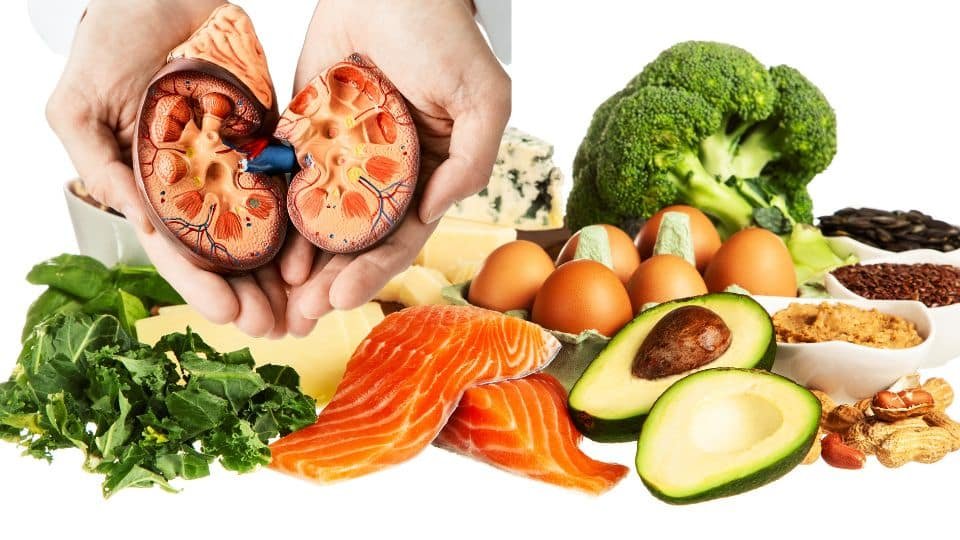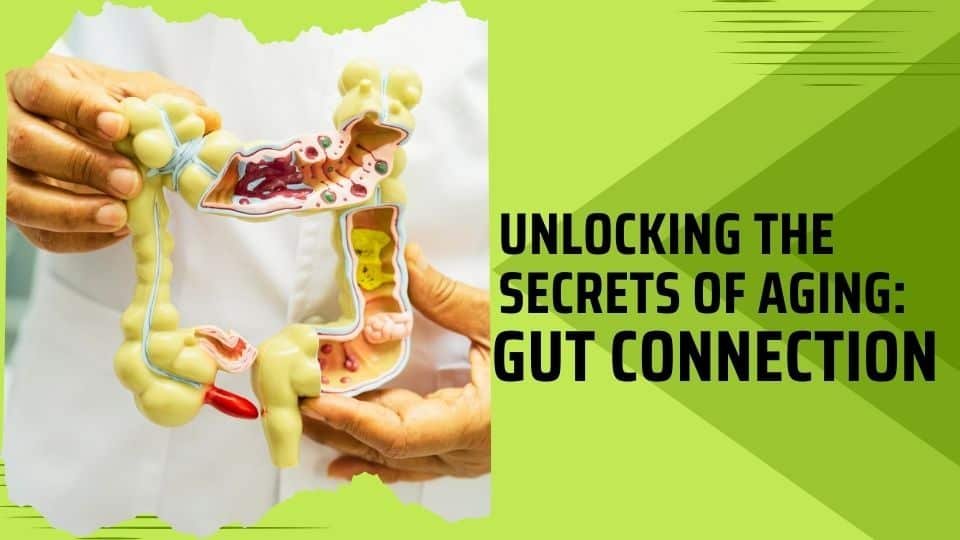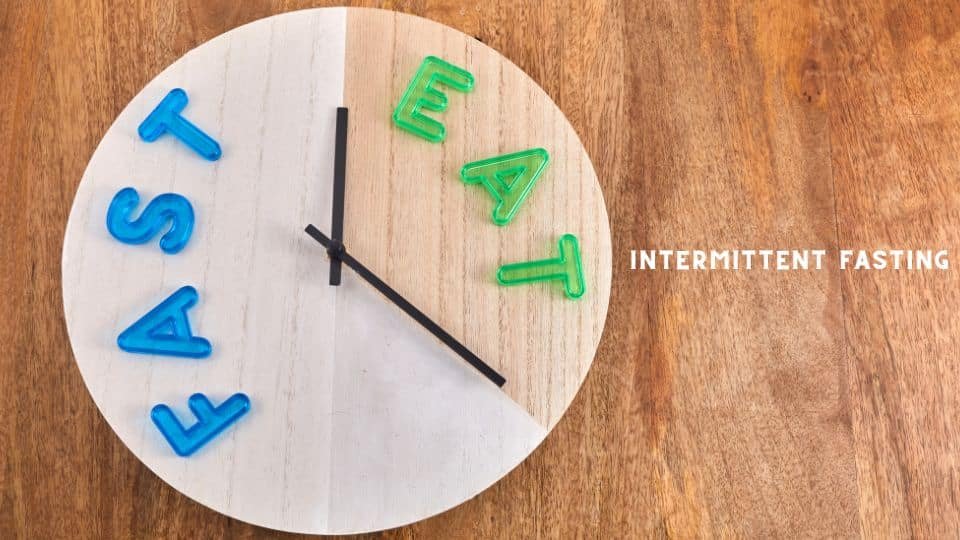Ketogenic Diet And Polycystic Kidney Disease! Hey everyone, welcome back! Today, we’ve got some groundbreaking news that might just change the way we look at treating genetic kidney disease. Stick around because we’re diving into the world of a ketogenic diet and its surprising impact on polycystic kidney disease or PKD.
So, there’s this recent study published in the journal “Cell Reports Medicine,” and it’s a game-changer. Researchers from UC Santa Barbara and the University of Cologne teamed up to investigate the effects of something called the ketogenic diet on polycystic kidney disease. Now, polycystic kidney disease is a genetic disease that messes with your kidneys and can be pretty nasty. But this study might just have uncovered a secret weapon against it.
Now, if you have polycystic kidney disease, you probably heard it’s a genetic thing, and no matter what you do, things just get worse. Well, that’s what the scientists wanted to challenge. They recruited 66 polycystic kidney disease patients and divided them into three groups. One got the usual counseling, the second did a three-day water fast every month, and the third –jumped on the ketogenic diet train.
Now, after three months, here’s the kicker – the group on the ketogenic diet showed something unexpected. While the other groups saw their kidneys doing the usual growth spurt, these guys’ kidneys stopped growing and even showed a hint of shrinking.
But that’s not all – kidney function actually improved in the ketogenic diet group! And we’re not talking about a small improvement; it was statistically significant. They measured it using a protein called cystatin C, and higher levels of this in the blood usually mean trouble for your kidneys. But in the ketogenic group, it got better!
Now, this challenges the common belief that polycystic kidney disease is a one-way street to kidney failure. For a long time, people thought, “It’s genetic; nothing can be done.” But this study says, “Hold on a second, there might be more to the story.”
Now, you might be wondering what this ketogenic diet is. It’s not just a trendy weight-loss thing; it’s about eating very low carbs. There are various versions, and the popular one includes a lot of meat. But for polycystic kidney disease patients, there’s a plant-focused version of the ketogenic diet called the “Ren.Nu” diet, which is developed by researchers in collaboration with renal dietitians specifically for people with polycystic kidney disease. It’s not one-size-fits-all, so consulting with your doctor is key.
You can also view this article: Polycystic Ovary Syndrome: Groundbreaking Study Unveils Transformative Effects of the Keto Diet for Women!
One thing that surprised the researchers was that the patients found the ketogenic diet “highly feasible.” That means it was doable and motivated patients to control their condition through diet alone. It’s a big deal because often, doctors think patients won’t stick to a diet, but here it turns out they were eager to make a change.
Here’s the behind-the-scenes scoop – it’s not easy to get funding for diet-related studies. Big surprise, right? Drug companies usually fund trials, not diets. But thanks to the dedication of researchers like Dr. Weimbs and Dr. Müller, they secured funding from the PKD Foundation and pushed forward.
And here’s the exciting part – this is just the beginning. The researchers are gearing up for more trials in Toronto and Tokyo, involving more participants over a year. They’ll be checking out a medical food called “KetoCitra,” developed specifically to assist polycystic kidney disease patients in reaching ketosis alongside the “Ren.Nu” plant-focused ketogenic diet, aiming to see if this positive trend they found can stand the test of time.
So, there you have it, a sneak peek into a potential breakthrough in polycystic kidney disease treatment. It’s incredible how a simple change in diet could make such a difference. Until next time, take care!
Glossary:
- Genetic Kidney Disease: A type of kidney disease that is inherited and caused by genetic mutations.
- Ketogenic Diet: A low-carbohydrate, high-fat diet that has been shown to have various health benefits. It induces a state of ketosis, where the body burns fat for fuel instead of carbohydrates.
- Polycystic Kidney Disease (PKD): A genetic disorder characterized by the growth of cysts on the kidneys, leading to impaired kidney function.
- Cell Reports Medicine: A scientific journal where a recent study on the ketogenic diet and polycystic kidney disease was published.
- UC Santa Barbara: University of California, Santa Barbara, one of the institutions where researchers involved in the study are based.
- University of Cologne: Another institution involved in the study, located in Germany.
- Water Fast: A period of time during which an individual consumes only water, abstaining from all other foods.
- Ren.Nu Diet: A plant-focused version of the ketogenic diet developed by researchers collaborating with renal dietitians, specifically designed for people with polycystic kidney disease.
- Cystatin C: A protein used as a marker for kidney function; higher levels in the blood may indicate kidney problems.
- PKD Foundation: A foundation that provides support and funding for research related to polycystic kidney disease.
- KetoCitra: A medical food developed to assist polycystic kidney disease patients in reaching ketosis.
- Ketosis: A metabolic state where the body burns fat for energy instead of carbohydrates.
Journal Reference:
Sadrija Cukoski, Christoph Heinrich Lindemann, Sita Arjune, Polina Todorova, Theresa Brecht, Adrian Kühn, Simon Oehm, Sebastian Strubl, Ingrid Becker, Ulrike Kämmerer, Jacob Alexander Torres, Franziska Meyer, Thomas Schömig, Nils Große Hokamp, Florian Siedek, Ingo Gottschalk, Thomas Benzing, Johannes Schmidt, Philipp Antczak, Thomas Weimbs, Franziska Grundmann, Roman-Ulrich Müller. Feasibility and impact of ketogenic dietary interventions in polycystic kidney disease: KETO-ADPKD—a randomized controlled trial. Cell Reports Medicine, 2023; 4 (11): 101283 DOI: https://doi.org/10.1016/j.xcrm.2023.101283



 By
By










